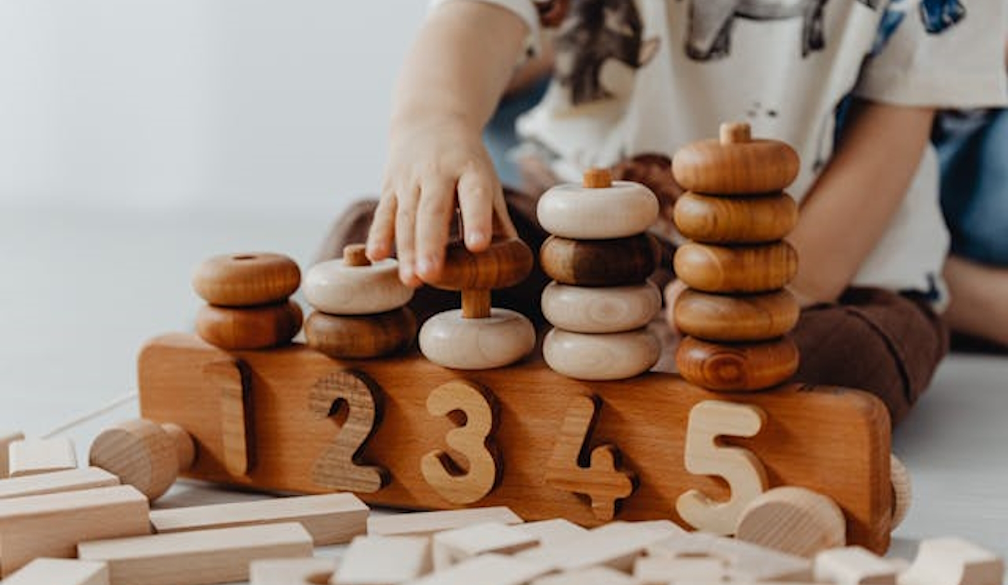How the First Five Years Shape a Child’s Future

The development of a child’s brain is a truly fascinating process, especially when you consider the fact that most of the brain develops in early childhood. What’s more, around 90% of the brain develops before the age of five.
For that very reason, parents need to understand how to help their children grow and learn even from a very early childhood. Since these five years of your kid’s life play such a huge role in their life, here is everything you need to know as a responsible and involved parent.
The Importance of Early Years
How come that the first five years are so important for a child’s development? Simply put, these are the formative years in every kid’s life. This is the time when they discover the most and when they develop most of their habits.
The brain of a child is built by experience. That means that everything your child experiences in these formative years will have its effect later on in life. For this reason, cuddling, reading stories, or playing peekaboo are important activities.
They are repetitive positive experiences that make your child develop positive feelings of affection and safety. Not only that, but reading stories to your kid, even from the youngest age, will also help their language development. The lack of these simple everyday interactions could even lead to learning difficulties later.
Communication Skills
Besides storytelling, talking and singing are also great ways to help your child develop their language and communication skills. These are all very effective ways to enhance cognitive development and further expand their vocabulary.
Narrating daily routines might also be beneficial, as it helps them learn quicker and focus of healthy habits. Noticing how your child responds to your words is also an important part of managing their communication skills. This kind of responsive talk makes them more prepared to understand stories and express their feelings and ideas later.
Social and Emotional Intelligence
While talking with family is important, kids should also be exposed to communication with other people. This is essential for them to learn how to share and express emotions. As a parent, you may not always be objective about their needs, and they need to learn how to build relationships with other people in their surroundings too.
For instance, communicating with teachers and peers is a great way to develop social and emotional intelligence. That is why proper early learning is such a great idea – it is a safe environment where children can rely on professional educators to teach them how to build relationships and coexist in the world.
Physical Development
While mental development is important, physical development shouldn’t be disregarded. Physical and motor skills refer to everything from crawling to running. It is natural for young children to be curious and to want to try everything.
As a parent, it is up to you to make sure that they have a safe and secure environment to test out their abilities and discover where the lines are. The best way for kids to learn is by having hands-on experiences and activities.
Problem-Solving and Creativity
Another big part of early childhood is facing problems and solving them. People have an innate sense to solve issues, but they need the right environment to develop this. However, that doesn’t mean that you should give a math exercise to your 4-year-old. Instead, it means that you should choose plays they play carefully.
For instance, when they play with block towers and blanket forts, they can learn about special reasoning. When they play pretend, they can practice language and perspective-taking. With this guided play, you can teach them to organically solve issues and learn about the world.
Everyday Routines
How do routines affect your child? Routines are predictable sequences. This kind of predictability in a kid’s life is necessary as it builds the sense of security they need. It can help reduce anxiety and free up mental space for learning and developing.
To build healthy routines, make sure to start from the mornings and evenings. Breakfast at the same time each day and a strict bedtime will create structure in their life. However, leave some space for flexibility and spontaneity too!
Conclusion
The first five years are crucial for a kid’s healthy development. As a parent, you should ensure your kid has a safe and secure environment to develop the skills they will need and use today and in the future!





